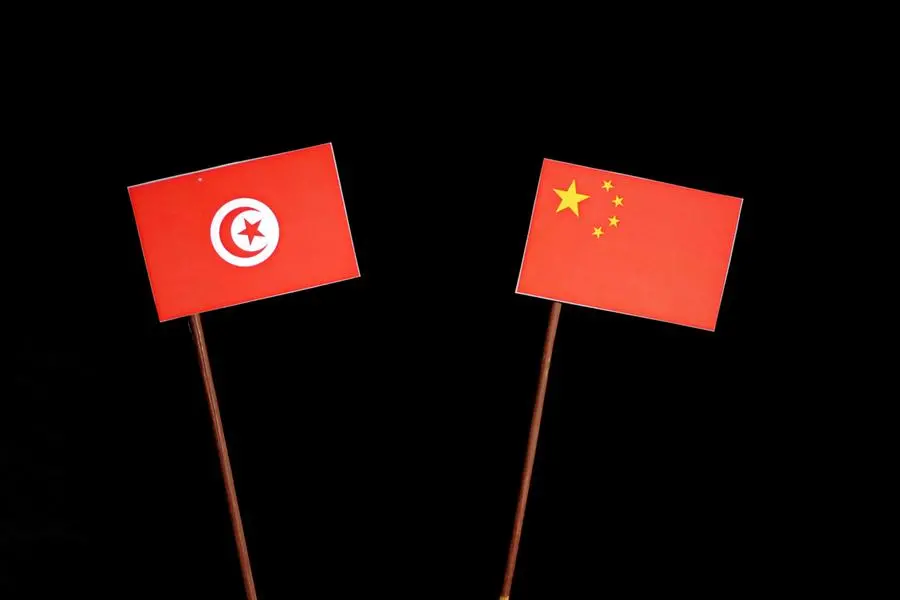PHOTO
President of the Republic Kais Saied on Thursday expressed his keenness to consolidate what has been built with China over the past six decades and to further foster the strong relations binding the two countries.
Addressing the 10th Ministerial Conference of the China-Arab States Cooperation Forum, in the presence of Chinese President Xi Jinping and the leaders of Egypt, the United Arab Emirates and Bahrain, the President of the Republic said that the aim of recalling the shared history is to ‘draw inspiration from it to continue together in building a new history where justice and freedom prevail and which is based on the shared will to cooperate, collaborate and support each other.’
‘From the country of Ibn Khaldun to the country of Confucius and other philosophers and thinkers, the road was not only the Silk Road, but a road of intellectual cross-fertilisation and trade exchange,’ he pointed out.
‘Our peoples have known each other for hundreds of decades and wrote about summer in the books of Siraj al-Dahab, Ibn Battuta and Serafi, and the records of history have preserved books by Chinese authors who wrote about the Arab countries, such as the Book of the Later Han and the Old Book of Tang in addition to many others,’ President Said further said.
In another vein, the Head of State underlined that Tunisia, whose people are seeking justice at home, are also seeking it at the global level, reaffirming its ‘unwavering and firm position regarding the right of the Palestinian people to recover their stolen right to all the land of Palestine and to establish their independent State, with Al-Quds Al-Sharif as its capital.’
‘The human community has begun to rise up everywhere against this aggression and these heinous crimes, which are committed every day against a people deprived not only of their land but also of their right to life,’ he pointed out, calling on the international community to ‘follow the call of the human community, which is beginning to take shape as never before.’
In another regard, President Saied affirmed the need to work together to provide public facilities in line with the basic rights of the human being, including the right to health, work, transport, education, stable employment, decent wages and social security for all.
In this regard, he said that the capacities of countries vary, ‘but when efforts are combined and the necessary conditions for their materialisation are provided, the impact of their absence or scarcity will diminish and the situation will stabilise, not only within countries, but throughout the world.’
The path chosen centuries ago, in the context of an unfair division of labour at the global level, has led to widespread poverty, ignorance and irregular migration, he considered, saying that human organs "have become a commodity coveted by criminal networks and terrorist organisations."
In recent decades, the situation has worsened, he said, with heat and water scarcity, as well as an environmental and energy situation that has thrown nature out of balance and has had the worst effects on humanity and the countries' economies.
The President of the Republic underlined that ‘basic human rights should not remain mere rules in internal legal texts or international instruments that have no effect on reality and enforcement,’ asserting that ‘human beings are the same in the north, south, east and west, and the rights they should enjoy should be the same in all parts of the world.’
President Kais Saied on Tuesday left for China for a five-day state visit at the invitation of Chinese President Xi Jinping.
© Tap 2022 Provided by SyndiGate Media Inc. (Syndigate.info).





















